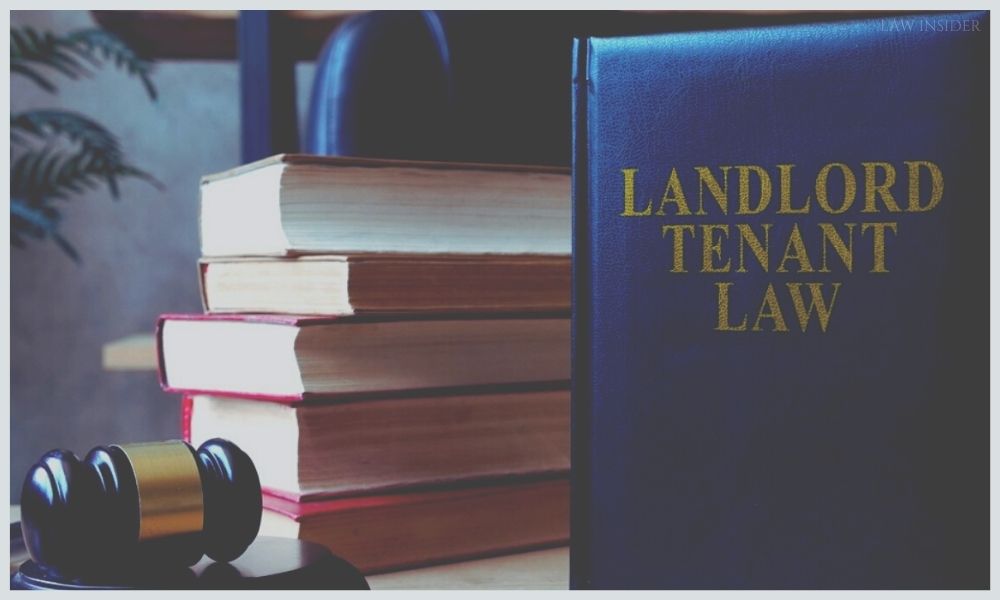Tenancy is a term used to denote the relationship between a tenant and a landlord. It refers to the rental of real property, such as a house, apartment, or commercial space, in exchange for a specified rent. Tenancy is governed by laws, known as landlord-tenant laws, which aim to protect the rights of both parties and ensure that the tenant receives a safe and habitable living space while the landlord receives timely rent payments.
The landlord tenant laws vary from state to state, but there are some general principles that apply across the board. These laws are designed to address different aspects of the landlord-tenant relationship, including evictions, security deposits, repairs and maintenance, and lease agreements.
Evictions
Evictions can be one of the most contentious issues in the landlord-tenant relationship, and it’s important to understand the legal requirements for eviction in your state. In general, landlords must follow a specific process, including providing notice to the tenant and filing an eviction lawsuit in court, before they can forcibly remove a tenant from a property.
Security Deposits
Security deposits are the payments made by the tenant to the landlord at the beginning of the lease, to cover any damages or unpaid rent at the end of the lease term. The landlord-tenant laws govern the amount a landlord can ask for security deposit, how and when it has to be returned and what deductions can be made in case of damages.

Repairs and Maintenance
Landlords are responsible for the upkeep and maintenance of their rental properties. In many states, landlords must keep their properties in a habitable condition, which means they must ensure that the property is safe, clean, and free of pests. Tenants, on the other hand, are responsible for keeping the rental property clean and for reporting any maintenance issues to the landlord.
Lease Agreements
The lease agreement is a legal contract between the landlord and tenant, which sets out the terms of the rental arrangement. The lease agreement should include the following information:
- The rent amount and due date
- The lease term and renewal options
- The security deposit amount
- The responsibilities of the landlord and tenant
- Any restrictions on the use of the property
- Any other important terms of the rental agreement
Tenancy and landlord-tenant laws are complex areas of law that affect many people. As a tenant or landlord, it’s important to understand your rights and responsibilities to avoid any unnecessary disputes or legal issues. Proper communication, clear agreement and adherence to the law can make the relationship peaceful and beneficial for both parties.




